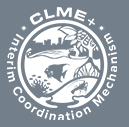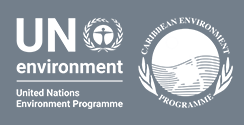UN Environment Regional Seas Program
The Programme aims to address the accelerating degradation of the world’s oceans and coastal areas through a “shared seas” approach – namely, by engaging neighbouring countries in comprehensive and specific actions to protect their common marine environment.
Today, more than 143 countries have joined 18 Regional Seas Conventions and Action Plans for the sustainable management and use of the marine and coastal environment.
In most cases, the Action Plan is underpinned by a strong legal framework in the form of a regional Convention and associated Protocols on specific problems.
All individual Conventions and Action Plans reflect a similar approach, yet each has been tailored by its own governments and institutions to suit their particular environmental challenges. UN Environment coordinates the Regional Seas Programme, based at the Nairobi headquarters.
Regional Seas Programmes
There are 18 Regional Seas programmes in the following regions:
· UN Environment-administered Regional
· Seas Programmes
· Caribbean Region
· East Asian Seas
· Eastern Africa Region
· Mediterranean Region
· North-West Pacific Region
· Western Africa Region
· Caspian Sea
· Non-UN Environment-administered
antic Region
· Regional Seas Programmes
· Black Sea Region
· North-East Pacific Region
· Red Sea and Gulf of Aden
· ROPME Sea Area
· South Asian Seas
· South-East Pacific Region
· Pacific Region
· Independent Regional Seas Programmes
· Arctic Region
· Antarctic Region
· Baltic Sea
· North-East Atl























